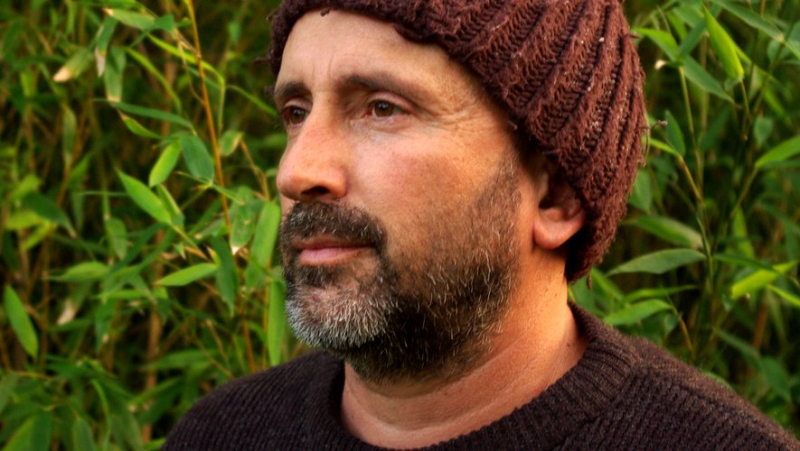“I think we will have to endure one or two more droughts” deplores Olivier Hébrard, agroecologist

“Man has always known how to adapt and he will know how to do so” analyzes Olivier Hébrard. D.R – D.R.
Olivier Hébrard, doctor in water science, hosts a conference on resource management on Thursday June 13 in Barjac at the invitation of the Energy and Environmental Transition association in Cèze Cévennes
Organized by the Teecc association (1), “How to sow rain ? ” asks us to become aware of this resource that falls to us from the sky…
In agriculture, until now, we have tended to drain water. Today we will have to build an agriculture which, on the contrary, will slow down water. In the Alès Bagnols-sur-Cèze sector, rainfall should be around 700 mm on an interannual average. That's 7,000 m3 per hectare, or 100 meters by 100 meters, per year, including 7 million liters of water. Then, either we manage it poorly, or we optimize it in ecological cycles.
The best practice is to slow down the flow of water by working on the texture of the soil. This then becomes a determining element of the climate…
Imagine the Cévennes slope on the shale, bare and steep, the water falls there like on bitumen and it does not fit. Now, on top of that, you were laying a giant sponge. The retained water will infiltrate into the microfruits and recharge the underlying aquifers. This sponge will control the penetration of water. Once retained in the plant and the soil, as soon as it is hot, the vegetation will transpire and return this water, making it go from the liquid state to the vapor state. This transition from one state to another will absorb calories from the ground and the atmosphere, which then turns it into giant air conditioning! If we do it on a large scale, over an entire territory, then we modify the climate.
Bedtubs are like playing golf in the desert
Two approaches then exist for shaping spongy soil: global management or dedicated development.
Global is when spatially there are only good practices. The panel of the main principles of agroecology is as follows: no pesticides, bare soil at a minimum, limited tillage, plant covers that we choose because they fix carbon and nitrogen from the air, then agroforestry, with effective micro-organisms on cultivated surfaces in order to access the degradation of organic matter. All this put together, we manage to create living soils and maximize the water cycle. The dedicated developments aim to optimize water retention spatially and locally. Particularly through the swales, a ditch which follows the contours and makes it possible to increase the quantity of water which infiltrates and contributes to the regeneration of the soil.
With agroecological practices, we know how to optimize water but it is a more technical, complex approach and with several inputs
In Cèze Cévennes, two basin projects are planned. What is your analysis ?
This type of system is like playing golf in the desert: aberrant. I am not against small hillside water reservoirs as the farmers did before, sized and calibrated in relation to modest needs. There, we are dealing with delocalized water, taken from hydrological cycles when it should not be and above all, they support an agricultural model which is obsolete.
Yet alternatives exist…
With agroecological practices, we know how to optimize water but it is a more technical, complex approach and with several inputs: working on the genetics of varieties, creating shade houses, soil life, l rsquo;agro forestry… Water requirements are then lower.
Are you confident in the future?
To be frank, I think it will take one or two more droughts for things to change. There was an echo following 2022 and 2023 but as long as the water comes to the tap without restriction… I am apprehensive, I am not optimistic. But I know that the answers, technically, have the answers, we know how to do it but it’s up to everyone to act. I heard that in terms of air traffic, we had just passed 5 billion travelers and we are going to increase to 9 billion. What worries me the most is not necessarily the drop in rain but the atmospheric dryness. With temperatures soaring it feels like blows from a hairdryer. But man has always been able to adapt and he will be able to do so. But this is at the social, political level, it will not involve a form of consultation at the societal level.
Thursday June 13, conference by Olivier Hebrard, doctor in water science and agroecologist as part of the TEECC Energy and Environmental Transition agenda in Cèze Cévennes. 7:30 p.m. to 9 p.m., Barjac castle village hall. I subscribe to read more




